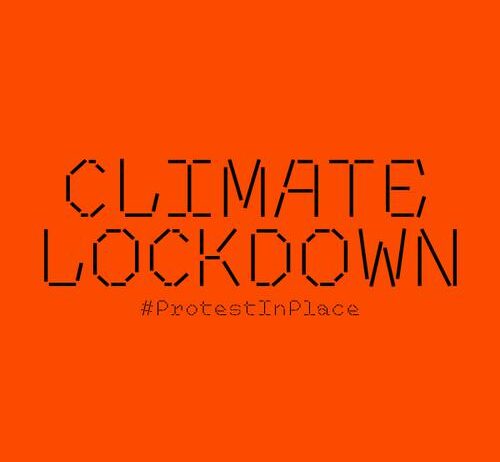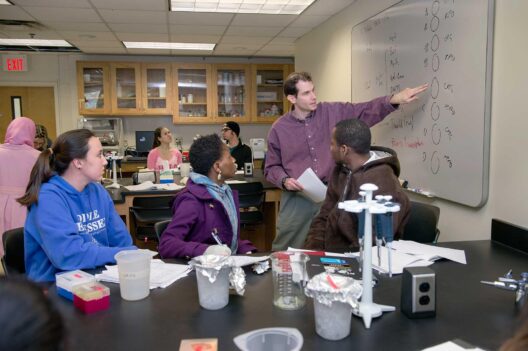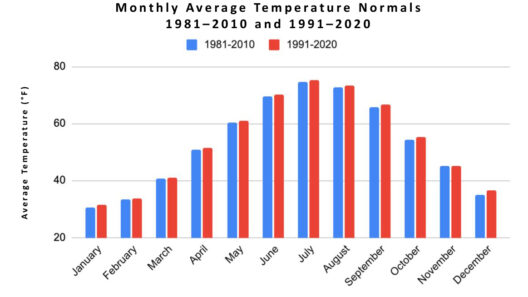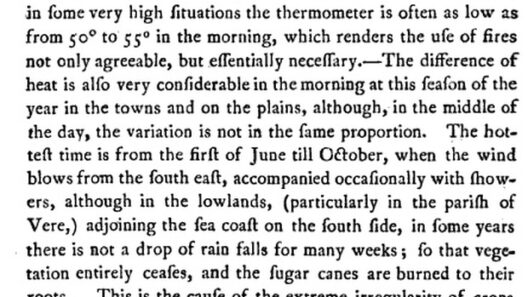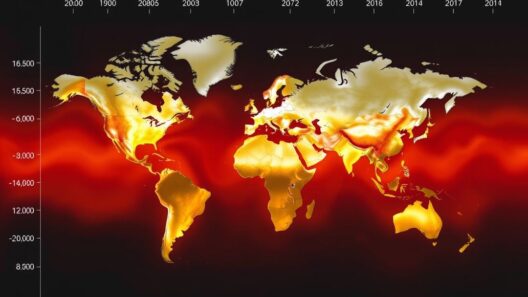Climate change represents one of the most pressing challenges of our era. A concept that has gained traction within discussions on climate action is “climate lockdown.” The notion itself is steeped in contemporary relevance and deserves a thorough examination to understand its potential implications for society and the environment.
At its core, a climate lockdown refers to the imperative for societal restrictions to mitigate environmental degradation. It stems from the recognition that unrestrained human activity contributes significantly to climate change. This phenomenon gained headlines during the COVID-19 pandemic, when reduced human movement coincided with a temporary dip in carbon emissions. The marked reductions in pollution highlighted the drastic impact that switching off parts of the economy can have on the environment. As lockdowns prompted by health crises revealed the links between industry operations and ecological well-being, the term “climate lockdown” emerged as a potential strategy to battle ongoing climate emergencies by imposing systematic restraints on certain activities that heavily pollute our planet.
There are multiple layers of motivation for discussing climate lockdowns. One prevalent observation is that societies often express concern over environmental concerns yet continue to indulge in practices that exacerbate climate issues. People notice the discrepancy between words and actions, fueling interest in radical approaches like climate lockdowns. As the atmosphere warms and weather patterns shift, noticeable consequences manifest—extreme weather, rising sea levels, and biodiversity loss — all prompting deeper reflection on the current state of environmental policy. The facade of effort can be deeply frustrating, leading communities to call for more drastic measures as a solution.
To fully grasp what a climate lockdown entails, it is vital to recognize its environmental implications. Such restrictions could encompass a myriad of policies limiting vehicular traffic, curtailing air travel, and imposing constraints on industrial production. By negating activities that significantly contribute to greenhouse gas emissions, proponents suggest that a climate lockdown could foster a necessary recalibration of human impact on the planet. In reality, applying these restrictions synergistically with green technological advancements could pave the way for a sustainable future.
Another critical consideration involves the potential socio-economic ramifications of a climate lockdown. Implementation of such regulations could lead to changes that might disrupt traditional economic structures. It could challenge production processes, diminishing jobs in industries dependent on fossil fuels while encouraging growth in renewable sectors. The transition presents both a threat and an opportunity: a threat to established livelihoods and a potential boon for sustainable job creation in a green economy. This difficult dichotomy must be navigated with intention and foresight, aiming to achieve equity while amplifying environmental integrity.
Moreover, public sentiment is a crucial variable in the feasibility of a climate lockdown. Many individuals may view such restrictions as an infringement upon personal freedoms and economic autonomy, sparking vehement opposition. Conversely, others may embrace the necessity of a climate lockdown as an ethical imperative in a changing world, aligning action with growing recognition of the climate emergency. This sociopolitical landscape thus becomes a battleground for competing ideologies of progress, responsibility, and wellbeing. It’s here where education and engagement play pivotal roles, fostering understanding of the environmental crisis and promoting collaborative efforts to enact beneficial reforms.
Innovative strategies could enhance the attractiveness of climate lockdown initiatives. Governments may consider incorporating public health guidelines into climate strategies, presenting climate actions as a form of collective wellbeing. Encouraging localized farming and food production could alleviate concerns regarding food security while concurrently bolstering sustainable practices. Reinventing urban spaces through natural solutions, such as increasing green areas and investing in public transport, could create appealing living environments alongside our climate goals.
Furthermore, technological innovation should not be overlooked in this discourse. Advancements in renewable energy, energy efficiency, and carbon capture technologies can potentially offset emissions and make it easier to engage in climate-friendly practices without viewing lockdowns as a punishment. Industrial transitions can be achieved by incentivizing businesses to adopt greener technologies and by establishing carbon pricing structures that push enterprises towards sustainable practices.
As societies ponder the feasibility of climate lockdowns, the ethical underpinnings of such decisions warrant contemplation. They provoke questions concerning the fairness of imposing restrictions on those least responsible for climate change while preserving the privileges of those who have contributed significantly to global emissions. The challenge lies in navigating these moral quandaries while advocating for climate equity, ensuring that the burden does not unjustly fall upon the marginalized.
In conclusion, the concept of climate lockdown serves as a lens to explore the broader implications of environmental stewardship in contemporary discourse. As climate change accelerates, discussions surrounding potential lockdown measures will inevitably proliferate. Such initiatives challenge us to reconcile the urgent need for action with the complexities inherent in societal and economic structures. Engaging with both the short-term benefits and long-term consequences of climate lockdowns will ultimately inform how society adapts to the monumental task of addressing climate change. Thus, fostering a nuanced dialogue becomes essential to embrace a future that is sustainable, equitable, and resilient in the face of urgent environmental challenges.



